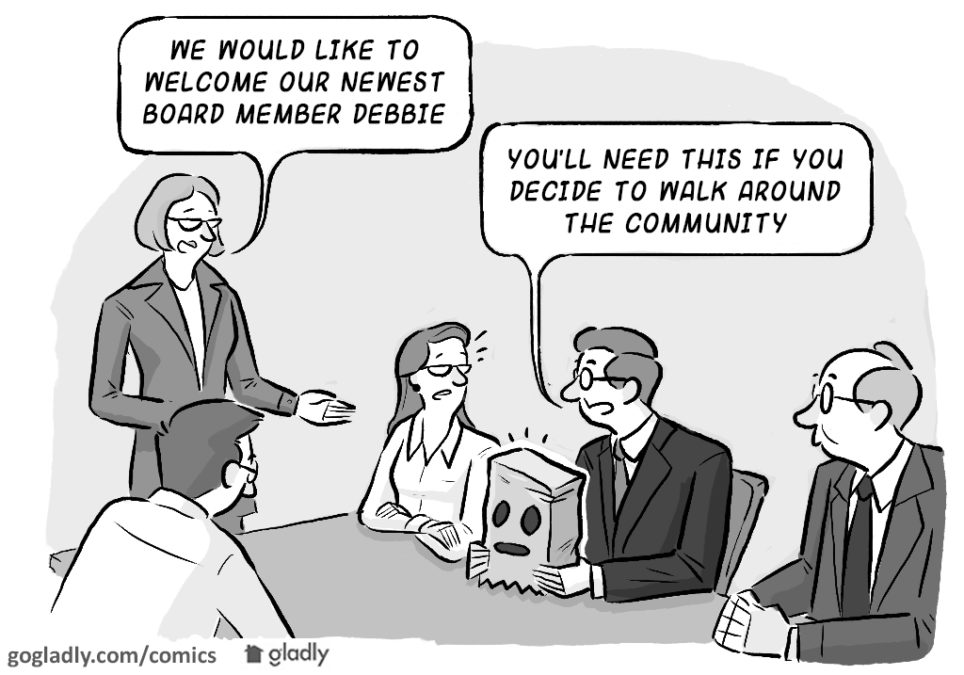At NS Management, we asked Board Members from formerly self-managed Community Associations why they made the switch to professional management, the replies were remarkably similar. Generally, They fall into three basic categories:
The Board is Tired
Since board members usually live on the property, they are often stopped while coming and going, with homeowner questions they cannot avoid. With no buffer, the self-managed HOA board can feel like they are always on call. Board members also find it awkward to enforce the association rules and policies with neighbors with which they are otherwise friendly.
In other instances, a key individual has been graciously carrying the burden of handling the association’s business for some time. When they leave the board due to relocation, illness, or death, a huge gap is left behind.
Unsure About Legal and Compliance Issues
Board members are often unsure of how far their governing authority extends and what is permissible. This is even more challenging due to the constantly changing laws regarding closed meetings, document requests, and reporting standards.
Difficulty Complying with Budgeting and Financial Reporting Requirements
Even if the Treasurer is a CPA, the Board is often unsure about proper format for association financial statements, annual reporting requirements, the budget process and required deadlines. Enforcing collection of delinquencies with neighbors is also uncomfortable.
Once a Board is ready to lay down the burden of doing it all themselves, several things happen. They often find surprising cost savings on services, due to the multiple resources available through a professional manager. In one recent instance, we saved an association over $5000 a year by immediately bidding out their insurance policies to get a more favorable rate. We have also found savings in phone service, utilities, and janitorial services, often negating much of the cost of management fees.
The challenge of recruiting board volunteers is simplified due to the reduced workload. When the officers no longer need to collect assessments, create monthly financial statements, prepare for meetings on their own, and address every request from homeowners, the workload is substantially lighter. They can often reduce the number of board meetings.
When homeowners get prompt answers to their questions, see professionally prepared financials, and observe consistent property maintenance, they develop confidence that the community is well-governed. This improves trust between the board and homeowners and results in a happier and better functioning community where people want to live.
Best of all, an increase in property values often follows, making the change a win for everyone.
- Desperately Seeking Conflict - June 14, 2019
- The Role of HOA Management — Hang Up Your Super Suit - December 13, 2018
- Jerry Springer is NOT on the Agenda!
Taking Control of HOA Meeting Conduct - May 16, 2018



 Help
Help
You appear not to take into account the hybrid situation: self management with internal professional employees
I second Ken’s response, the HOA should certainly consider hiring a full time accredited manager to their staff, preferably accredited with the CAI.
These managers like myself, are not torn between their loyalties to the HOA and/or the Management Company. Concentrating on entirely the needs of the specific HOA that employs them.